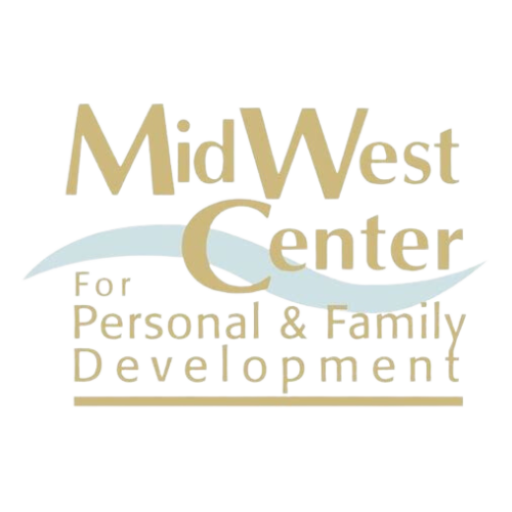Relationships can be one of the most fulfilling—and challenging—aspects of our lives. Whether you’re navigating communication struggles, infidelity, growing emotional distance, or simply looking to deepen your connection, relationship therapy offers a structured path toward healing and clarity.
But with so many therapeutic approaches out there, how do you know which one is right for your relationship?
Below, we explore some of the most effective and widely-used types of therapy for couples, each offering unique tools to help partners reconnect, rebuild trust, and grow together.
1. Emotionally Focused Therapy (EFT)
Best for: Rebuilding emotional connection and resolving attachment issues.
Emotionally Focused Therapy helps couples identify negative interaction cycles and understand the deeper emotional needs driving them. Developed by Dr. Sue Johnson, EFT focuses on creating secure emotional bonds by helping partners express vulnerability, needs, and fears in a safe and supportive space.
Why it works:
EFT is grounded in attachment theory and backed by research showing long-lasting success in improving relationship satisfaction. It’s particularly helpful for couples who feel distant, reactive, or stuck in recurring conflicts.
2. Gottman Method Couples Therapy
Best for: Communication issues, conflict resolution, and rebuilding trust after betrayal.
Created by Drs. John and Julie Gottman, this evidence-based approach is built on decades of relationship research. Therapists using this method assess the relationship’s strengths and challenges and teach partners skills in communication, emotional regulation, and problem-solving.
Key tools include:
- The “Four Horsemen” framework (criticism, defensiveness, contempt, and stonewalling)
- Love Maps and rituals of connection
- Conflict management strategies
Why it works:
The Gottman Method offers clear, practical tools grounded in real-world data, making it highly effective for couples at any stage—from dating to long-term marriage.
3. Imago Relationship Therapy
Best for: Healing childhood wounds that show up in adult relationships.
Imago Therapy helps couples understand how early childhood experiences shape their relationship patterns. Partners are guided to see each other not as adversaries, but as mirrors who reflect unmet needs, triggers, and unconscious expectations.
Why it works:
By promoting empathy, deep listening, and conscious dialogue, Imago therapy allows couples to transform conflict into healing and personal growth.
4. Cognitive-Behavioral Therapy (CBT) for Couples
Best for: Addressing negative thinking patterns and behavior cycles.
CBT-based relationship counseling focuses on identifying and changing distorted beliefs or unhelpful behaviors that contribute to conflict. It’s a goal-oriented, structured approach that teaches couples how to manage stress, reframe misunderstandings, and engage in healthier interactions.
Why it works:
CBT is ideal for couples who need practical tools to manage day-to-day issues and want measurable progress.
5. Narrative Therapy
Best for: Couples looking to shift out of unhelpful stories about themselves or each other.
Narrative Therapy helps partners “re-author” the story of their relationship. Instead of viewing problems as inherent flaws, couples learn to see challenges as separate from their identity. Together, they rewrite limiting narratives and co-create a more empowered version of their relationship.
Why it works:
It offers a refreshing perspective shift, especially for couples stuck in blame cycles or hopelessness.
Choosing the Right Approach for You
There’s no one-size-fits-all therapy for relationships. What works best depends on your goals, the nature of your challenges, and your openness to different approaches. A skilled couples therapist may even blend techniques to suit your specific needs.
When considering therapy:
- Look for a licensed professional trained in couples counseling.
- Talk openly with your partner about your hopes and concerns.
- Don’t wait for a crisis—many couples benefit from therapy even when things are “mostly fine.”
Remember: A healthy relationship isn’t about never fighting—it’s about learning how to fight fair, feel safe, and grow closer through every challenge.

